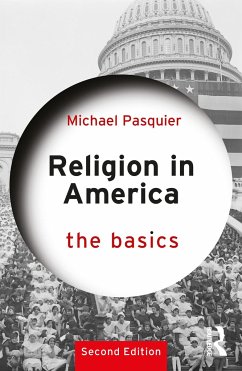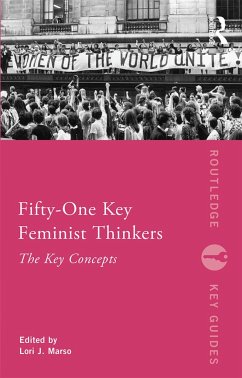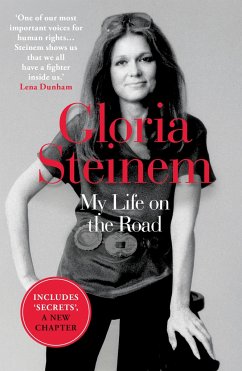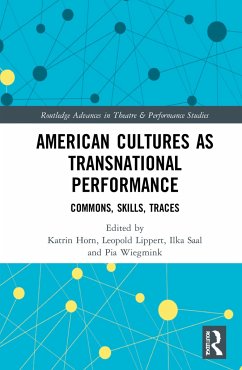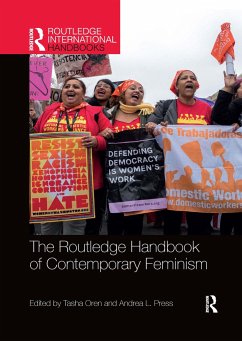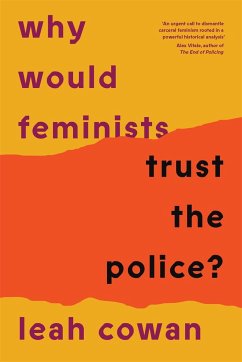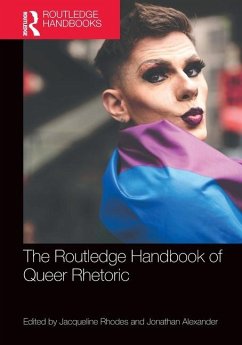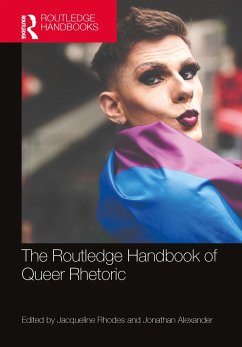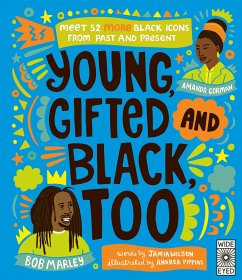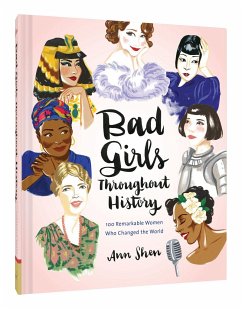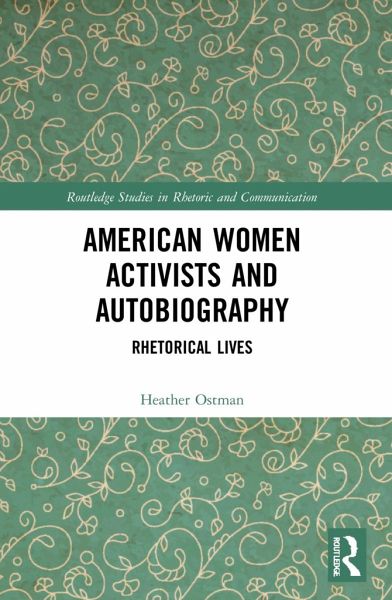
American Women Activists and Autobiography
Rhetorical Lives
Versandkostenfrei!
Versandfertig in 6-10 Tagen
43,99 €
inkl. MwSt.
Weitere Ausgaben:

PAYBACK Punkte
22 °P sammeln!
American Women Activists and Autobiography examines the feminist rhetorics that emerge in six very different activists' autobiographies, as they simultaneously tell the stories of unconventional women's lives and manifest the authors' arguments for social and political change, as well as provide blueprints for creating tectonic shifts in American society.Exploring self-narratives by six diverse women at the forefront of radical social change since 1900-Jane Addams, Emma Goldman, Dorothy Day, Angela Davis, Mary Crow Dog, and Betty Friedan-the author offers a breadth of perspectives to current d...
American Women Activists and Autobiography examines the feminist rhetorics that emerge in six very different activists' autobiographies, as they simultaneously tell the stories of unconventional women's lives and manifest the authors' arguments for social and political change, as well as provide blueprints for creating tectonic shifts in American society.
Exploring self-narratives by six diverse women at the forefront of radical social change since 1900-Jane Addams, Emma Goldman, Dorothy Day, Angela Davis, Mary Crow Dog, and Betty Friedan-the author offers a breadth of perspectives to current dialogues on motherhood, essentialism, race, class, and feminism, and highlights the shifts in situated feminist rhetorics through the course of the last one hundred years.
This book is a timely instructional resource for all scholars and graduate students in rhetorical studies, composition, American literature, women's studies, feminist rhetorics, and social justice.
Exploring self-narratives by six diverse women at the forefront of radical social change since 1900-Jane Addams, Emma Goldman, Dorothy Day, Angela Davis, Mary Crow Dog, and Betty Friedan-the author offers a breadth of perspectives to current dialogues on motherhood, essentialism, race, class, and feminism, and highlights the shifts in situated feminist rhetorics through the course of the last one hundred years.
This book is a timely instructional resource for all scholars and graduate students in rhetorical studies, composition, American literature, women's studies, feminist rhetorics, and social justice.





